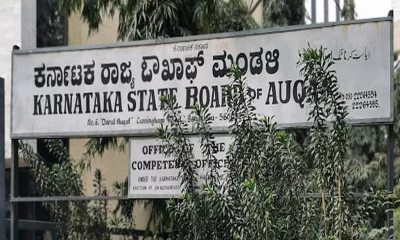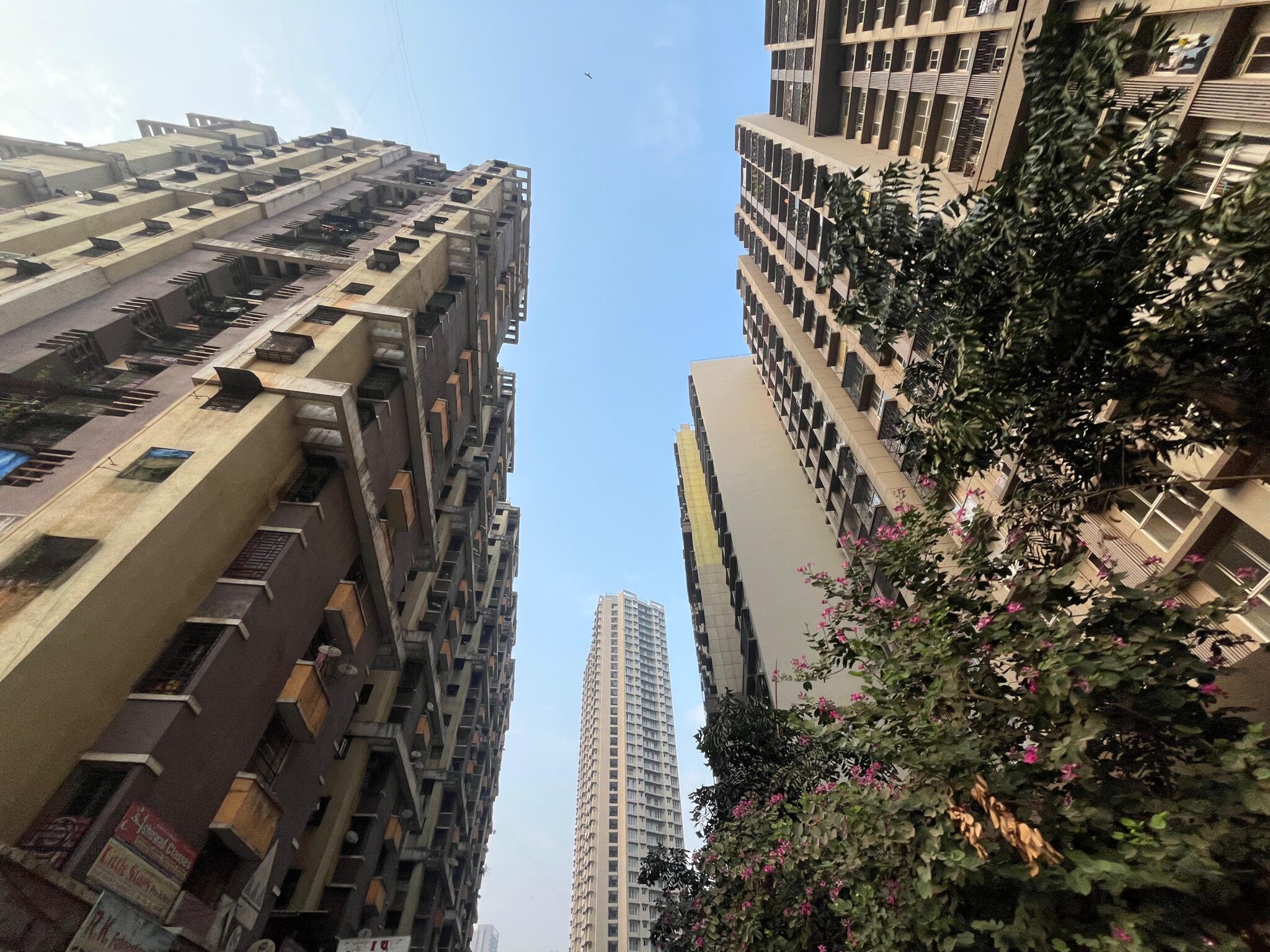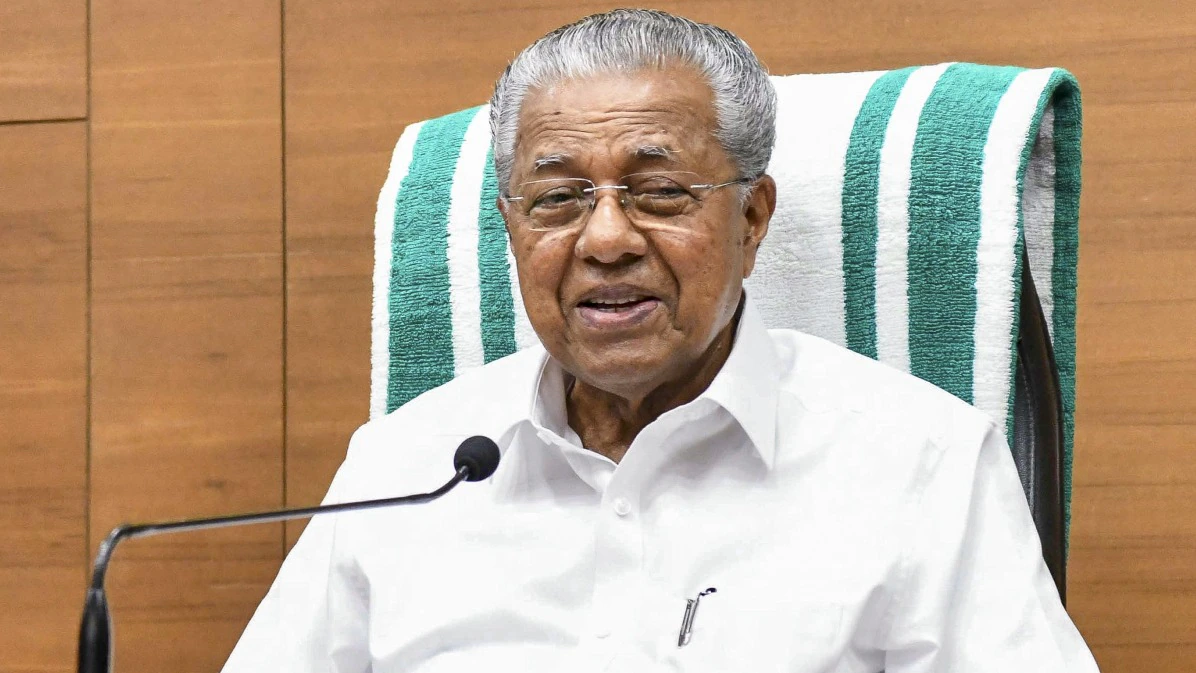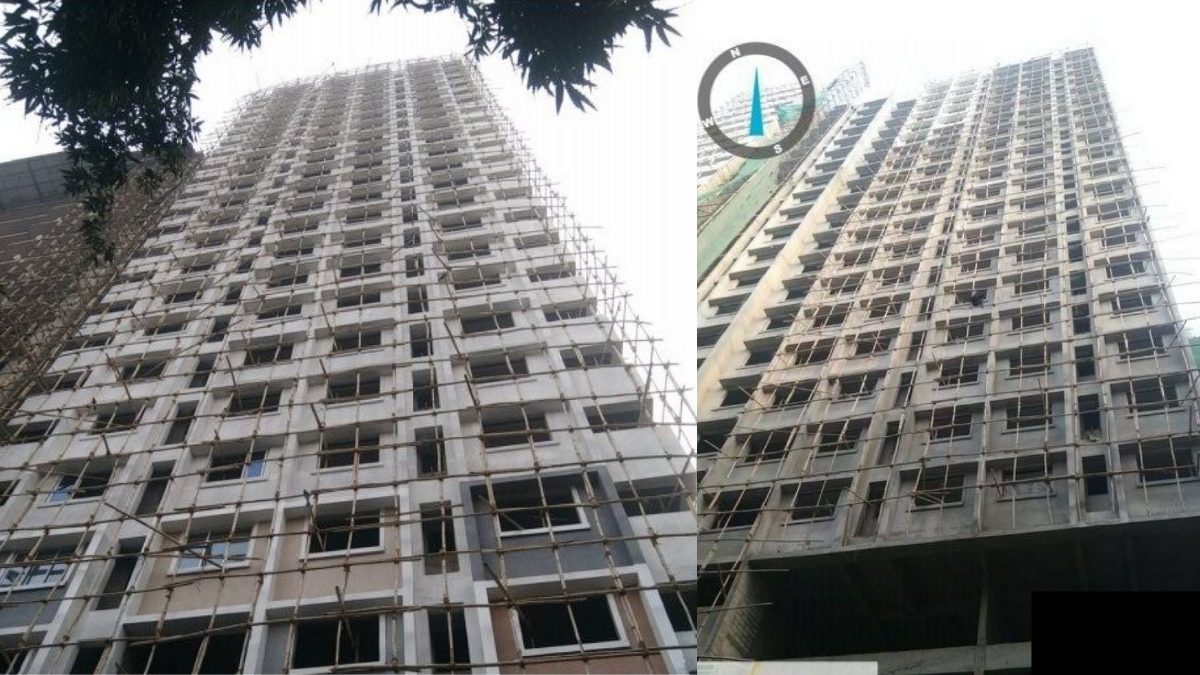Siddhant Mohite, Mumbai Uncensored:
In a startling revelation, a complaint filed against Siddhivinayak Developers Kurar has unearthed a web of alleged violations and corruption within the Ekta SRA CHS redevelopment project located at Kurar Village, Malad East. The Slum Rehabilitation Authority (SRA) conducted a thorough survey following the complaint, shedding light on serious discrepancies in the project’s execution.
Slum Rehabilitation Authority’s inspection, initiated after receiving a complaint on January 18, 2024, concluded that Siddhivinayak Developers Kurar had flouted Development Control regulations, indulged in an FSI Scandal, and executed construction work beyond approved plans and commencement certificate (C.C) in the ongoing redevelopment project. Specifically, the construction work exceeded the approved CC for A, B & C wings of the composite building.
The gravity of the situation escalated on May 3, 2024, when the Executive Engineer of SRA P/N issued a letter to Siddhivinayak Developers Kurar and Architect M/s Rasik Hingoo associates, instructing them to stop work immediately at Ekta SRA CHS. The directive also mandated the regularization of the unauthorized construction by paying necessary charges as per SRA policy. Failure to comply would result in appropriate actions as deemed fit.
What raises eyebrows is the timeframe involved in addressing the complaint. Despite the complaint being lodged in January, it took the SRA a staggering five months to conduct an inspection and issue a directive to the developer. Moreover, the directive to ‘regularize’ the unauthorized construction without specifying the penalty charges has sparked skepticism and allegations of a ‘secret understanding’ between the Executive Engineer of P/N SRA and the developer. This clearly shows that corruption is at its peak at the SRA Executive Engineer’s office, and it shows how SRA officials are hand-in-gloves with Real Estate Developers.
Sources have hinted at a nexus between the Executive Engineer and associates with the developer, suggesting an attempt to shield unauthorized construction through corrupt means.
This unauthorized development has stirred concerns among residents and activists, questioning the transparency and efficacy of regulatory bodies in overseeing redevelopment projects. Calls for a thorough inquiry and stringent action against those involved in malpractice are resonating across the community, emphasizing the need for accountability and integrity in Slum re-development initiatives.
Mumbai Uncensored will continue to monitor this story closely and provide updates as it unfolds.



 Special Editions3 months ago
Special Editions3 months ago


 Special Editions3 months ago
Special Editions3 months ago


 Special Editions3 months ago
Special Editions3 months ago


 Health2 weeks ago
Health2 weeks ago


 Special Editions4 weeks ago
Special Editions4 weeks ago







